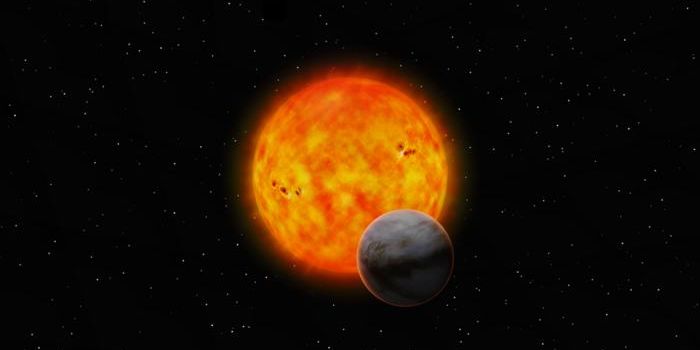Climate Change Could Drive Antarctica's Only Insect To Extinction
Rising temperatures in Antarctica could endanger the only insect native to the frozen continent.
Researchers at the University of Kentucky, led by insect psychologist Nicholas Teets studied the Antarctic midge (Belgica Antarctica) in a simulated environment in the lab to determine the effect of warmer winters on the insect’s survival. They published their paper in Functional Ecology earlier this month.
The Antarctic midge is the continent’s only insect. Unlike other midges, these are flightless and live in the dirt on the Antarctic Peninsula and nearby islands. It is well adapted to survive the harsh Antarctic winters, but warmer climates might threaten their existence.
The researchers simulated three different types of winters: a warm winter (-1 °C), normal winter (-3 °C), and a cold winter (-5 °C), all of which have been recorded in the midges’ habitats. The midges were placed in one of three typical environments, decaying organic matter, living moss, or Prasiola crispa algae, and then were observed for six months.
Antarctic midges have a two-year lifespan, spent mainly as larvae. In the winter, they protect themselves by losing up to 70% of their body fluids to protect themselves from freezing for the six months of the year. During those months, they are in a type of hibernation.
Once the six months were over, the researchers recorded the midges’ survival, physical activity, tissue damage, energy storage level, and molecular stress response. They found that midges' survival, energy stores, and activity were lower after the warm winter than in the cooler ones.
While tissue and protein damage were the same across all environments and temperatures, researchers observed that a 2 °C increase significantly reduces the amount of energy stored by the insect. This has severe implications for the development and population of midges because they come out of winter and rely on their energy reserves during the mating season. Without enough energy, the widespread reproduction of midges could suffer.
With the rate of climate change, scientists expect to see warmer temperatures in the future, which could be detrimental to the species. However, it’s also possible that the expected shorter winters could also lead to longer summers, allowing the midges to start feeding and storing energy earlier.
Researchers say that the next steps will include field research, but Antarctica’s frozen ground will make it tricky.
Sources: Functional Ecology, Science News, Journal of Experimental Biology








